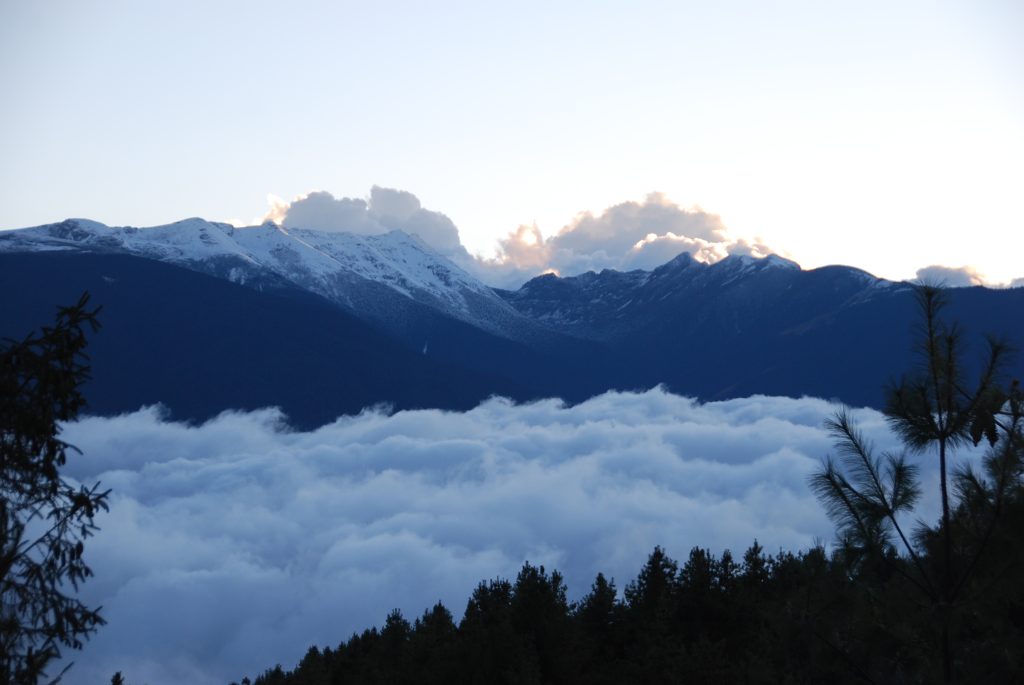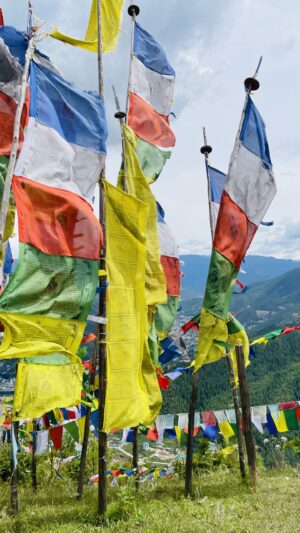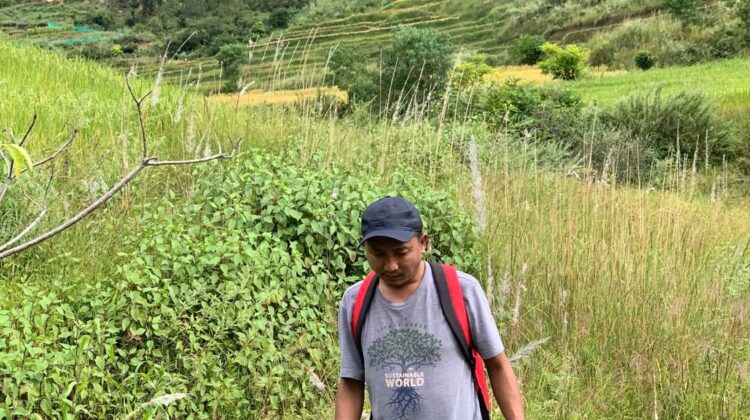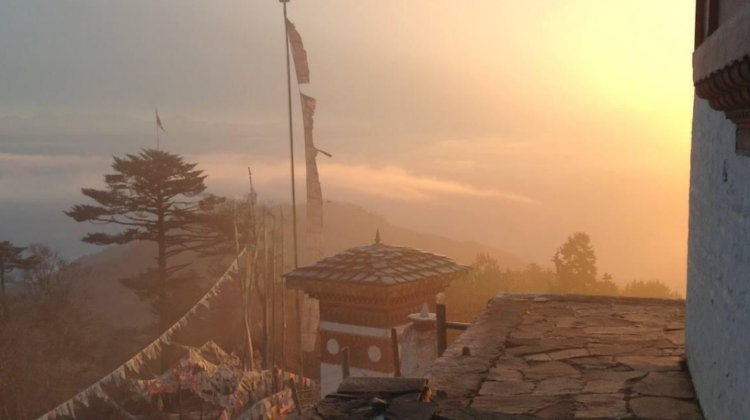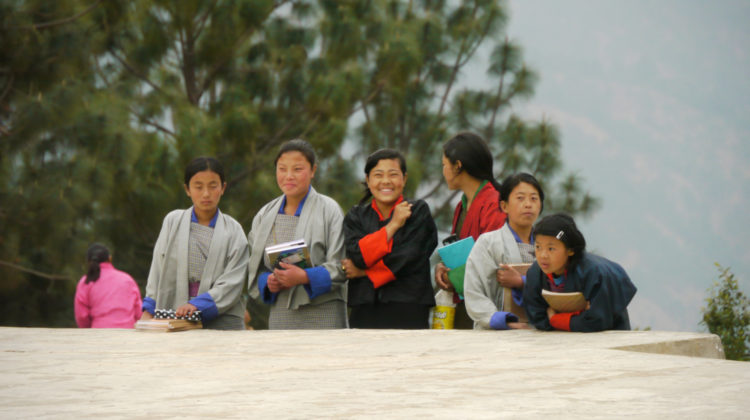Tshewang Nidup is the CEO of Bhutan Expeditions, a small family owned business offering specialized tours of Bhutan. Tshewang focuses his business on education, making sure tourists leave with a deep sense of the cultural and spiritual fabric of Bhutan. As a member of the Trans Bhutan Trail (TBT) steering committee, Tshewang provides perspective on tourism sector stakeholders. Keep reading below to learn about and Tshwang and his thoughts on the TBT.
1. Tell me how you first got involved with Trans Bhutan Trail and what was your first impression of this project?
As a core member of Bhutan Sustainable Tourism Society (BSTS), I had the honor and privilege to attend one of the first presentations of TBT. Being an experienced tour leader in Bhutan since the late 90s’, I was fascinated by the idea of reviving the ancient trails and since then, I had always had positive thoughts about the project.
2. What has surprised or made you interested in working with Trans Bhutan Trail?
It is no surprise. It is my passion to work on trails. Whenever I am on treks, I always do my part in clearing, rearranging, stabilizing the stone on the path, cleaning the camp sites, etc. I feel I already belong to TBT.
3. What do you find most challenging about this project?
The biggest challenge I see now is how TBT can handle the Gyalsung1 programmes in the coming years. Otherwise, the only issue would be on the sustainability part, which can be managed by setting up various infrastructures (lodges, cafes, restaurants, souvenir shops, etc) that could be leased out to generate funds for the project. I do not agree or believe in charging fees to the trail users.
4. Tell me about some of the people you’ve met while working with TBT and what was their opinion about the trail restoration?
I think we are all optimistic but the key issue would be to raise funds for now and to be able to determine a proper management system for the future of TBT.

5. What would you say are some of your strongest beliefs about this project?
TBT project will definitely help in educating our youth and the general tourists in terms of transportation and taxation systems in the old days. Our youth will also acknowledge the positive changes brought about by our successive monarchs.
6. When your friends/family finds out that you have volunteered in TBT, what do they say or ask you?
They appreciate it and often try to contribute in various aspects, which are usually already covered in our various meetings.
7. What would you tell someone who is thinking about donating and volunteering in this project?
I express my appreciation and often elaborate on our challenges of raising funds.
8. What do you think will change about the old trails that TBT is reviving over the next five years?
Since TBT is aware about our rich heritage and culture, I do not expect many changes on the original trails except it will get widened and it will be free from obstacles.
9. How do you think that Trans Bhutan Trail contribute or can bring a positive change to the society?
TBT should construct or lease out various facilities to generate funds for self sustaining. These facilities should also have educational materials to educate the trail users. That way, our history will be revived and appreciated by the younger generations.
See more interviews for Trans Bhutan Trail steering committee members in our blog here.

